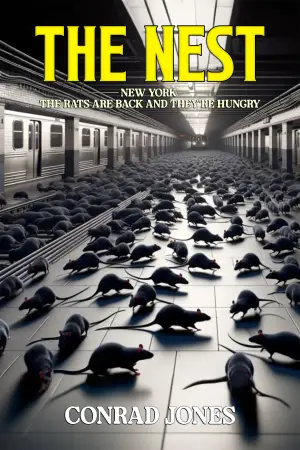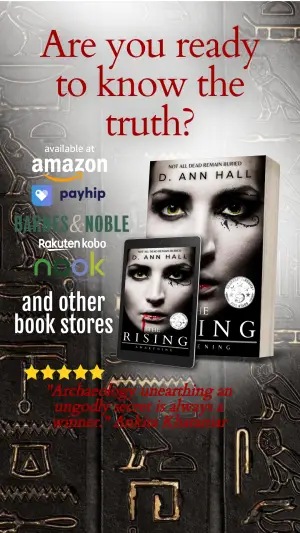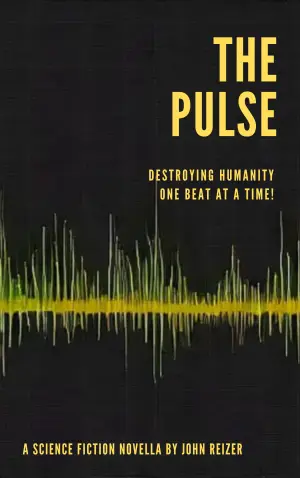Review of Ten Incarnations of Rebellion by Vaishnavi Patel
As I turned the pages of Ten Incarnations of Rebellion, I found myself swept into a rich tapestry of emotions and questions that resonate deeply with our current socio-political landscape. Vaishnavi Patel captivated me once again, her graceful yet powerful storytelling reminiscent of her earlier work, Kaikeyi. Yet this time, she elevates her craft, pouring her heart into a narrative that speaks to both personal and collective struggles. Huge thanks to Penguin Random House & NetGalley for providing me with an ARC!
Set in a fictional India never liberated from the grip of Imperial Britain, the story centers on Kalki, a fierce young leader of a rebel group. Her mission to bring freedom, inspired by her father’s legacy, unfolds against a backdrop of violence, sacrifice, and audacious dreams. Here, the exploration of revolution takes center stage, intersecting with questions of moral courage that left me pondering long after I closed the book.
Patel’s exploration of revolution had me reflecting on my own experiences and history; I couldn’t help but draw parallels with R.F. Kuang’s Babel. Both novels reimagine an exploitative imperial past, yet Ten Incarnations approaches the topic with an earnest inquiry into the costs of resistance. Patel asks the difficult question: can one achieve meaningful change without resorting to violence? This theme feels ever poignant, especially considering my own background. Growing up in a country marked by both violent and peaceful resistance, I have witnessed the blurry lines that often separate the two.
Kalki’s struggles are not merely political; they’re deeply personal. The complexity of her relationships—her friends and newfound family—reveals the emotional cost of devotion to a cause. I felt her journey living inside me as she battled the temptation to detach from those she loved in a quest for survival. One of the most satisfying revelations in the book is Kalki’s realization that her “liabilities” are, in fact, her greatest strengths. This resonated with my own understanding of community and support in moments of loneliness or rebellion.
Patel’s prose shines with thought-provoking insights and emotionally charged moments. I was particularly struck by a quote from David Mitchell: “Our lives are not our own. From womb to tomb, we are bound to others, past and present.” These words encapsulate the interconnectedness of our struggles and triumphs, reminding us of the communal nature of our existence.
Moreover, the ethical dilemmas Patel navigates evoke discomfort, forcing readers to confront personal moral boundaries. “Was that balance, justice? Or was it just chasing pain with pain in an endless night?” She crafts an intricate balance between causing harm and pursuing justice, leaving me with a lingering unease that felt vital.
In conclusion, I wholeheartedly recommend Ten Incarnations of Rebellion to readers who crave thoughtful, emotionally resonant narratives that challenge societal norms. This book is not easy, but it serves as an essential call to action for our times. It’s a reminder of the weighty sacrifices that accompany change, urging us to reflect on our own part in the story of revolution.
As I finish processing this profound narrative, I find it has reignited my curiosity about my roots and responsibilities. Thank you, Ms. Patel, for crafting such a poignant story and reminding us that literature, indeed, is deeply political. I’ll be revisiting this one for years to come.
Discover more about Ten Incarnations of Rebellion on GoodReads >>






